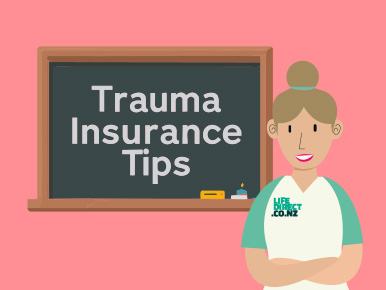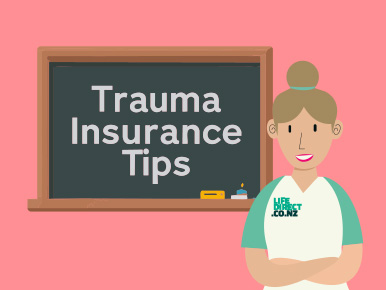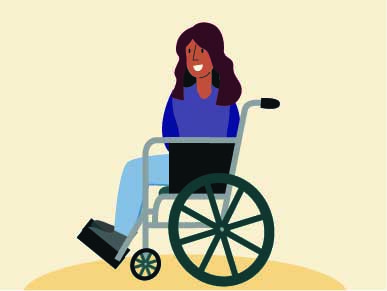If you’re in your 20s or 30s, single, and in good health, insurance might not be top of mind. But it’s worth considering whether trauma cover could play an important role in protecting your future. Even if you’re young and healthy today, unexpected illnesses or accidents can still have a big financial impact.
Why Trauma Cover Matters for Young Kiwi
Trauma insurance provides a lump sum if you’re diagnosed with a serious illness or medical condition. For younger people, it’s less about end-of-life planning and more about maintaining financial stability during recovery.
While New Zealand’s public health system and ACC provide important support, they don’t always cover everything. Trauma insurance can help fill the gaps, giving you options such as funding private treatment, paying bills while you take time off work, or supporting lifestyle changes if your health situation shifts.
Benefits of Trauma Cover When You’re Young and Single
Even without a partner or children, trauma cover can provide significant advantages:
- Lock in lower premiums early – securing cover while young and healthy often means more affordable premiums long-term.
- Protect your financial commitments – such as a mortgage, rent, student loans, or day-to-day expenses.
- Flexibility – payouts can be used for treatment, rehabilitation, or simply giving yourself time to recover without financial stress.
- Future-proofing – getting cover before any health issues arise helps ensure you won’t face exclusions later. Exclusions mean any pre-existing condition will not be covered.
Weighing Up the Drawbacks
Like any insurance, trauma cover comes with a cost. Premiums are an ongoing commitment, and if you never need to claim, it may feel like money you didn’t “use.” However, the real value lies in having financial protection in place if the unexpected happens - which can make a difficult time much easier to manage.
Choosing Trauma Cover as a Young Single in NZ
If you’re thinking about trauma insurance, here are some practical steps:
- Assess your risks – family health history, lifestyle, and occupation can all influence your need for cover.
- Start small – you can begin with a modest level of cover and increase it as your circumstances change.
- Compare options – providers differ in what they offer, so it pays to look at a range of policies.
- Consider add-ons – features like buy-back options or child cover may be useful down the track.
- Think long-term – choosing level premiums can help keep costs predictable over time.
FAQs for Young Singles Considering Trauma Cover
Do I need trauma cover if I’m healthy?
Yes — health can change quickly, and cover provides protection against the unexpected.
Is it cheaper for young people?
Generally, yes. Premiums are usually lower when you’re younger and healthier.
What if I get a partner or family later?
Policies are flexible and can often be adjusted as your circumstances evolve.
What are the alternatives?
Building an emergency savings fund is one option, but it may not match the level of financial support trauma insurance can provide.
Even if you’re young, single, and healthy, trauma cover can be a smart way to safeguard your independence and financial wellbeing. At LifeDirect, we make it easy to compare policies from leading insurers so you can find cover that fits your needs today - and adapts as life changes.
Disclaimer: Please note that the content provided in this article is intended as an overview and as general information only. While care is taken to ensure accuracy and reliability, the information provided is subject to continuous change and may not reflect current development or address your situation. Before making any decisions based on the information provided in this article, please use your discretion and seek independent guidance.











